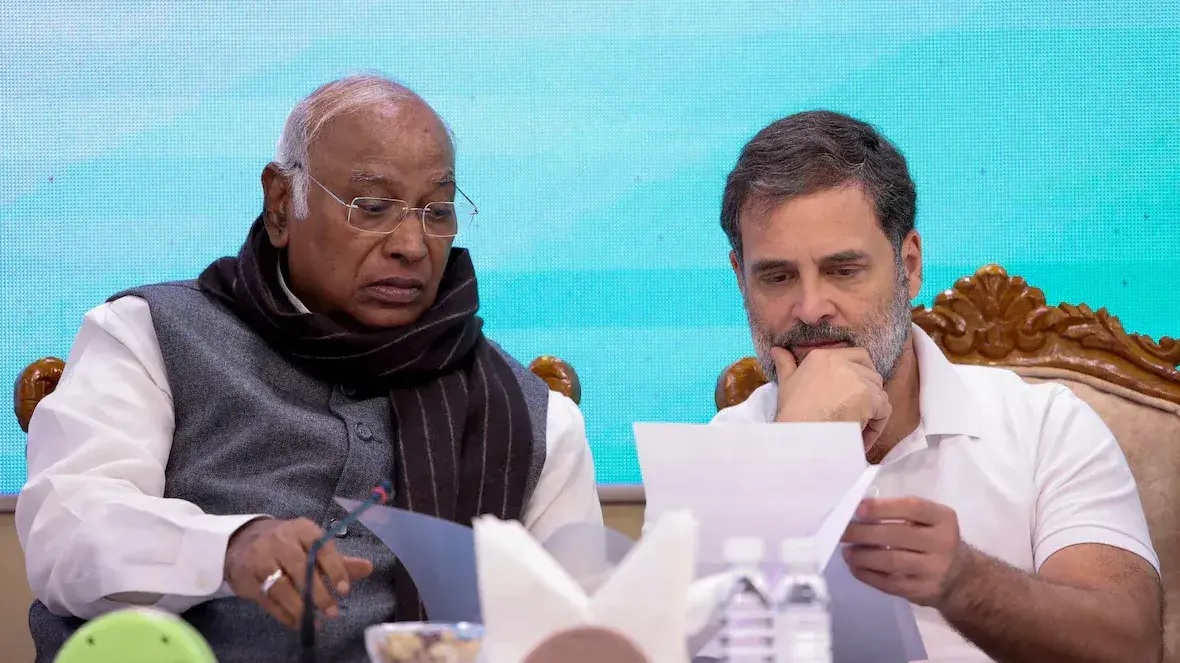Congress leaders question the transparency and fairness of the NHRC appointments, alleging favoritism and undermining democratic norms in the selection process.

Voices of Dissent
The recent selection of the NHRC chief and members has sparked controversy, with Congress leaders Mallikarjun Kharge and Rahul Gandhi submitting a strong dissent note. Their concerns highlight what they perceive as a lack of transparency and fairness in the process. This move has reignited the debate over the independence and integrity of institutions meant to safeguard human rights in India.
Kharge and Gandhi have alleged that the government’s choices reflect political bias, prioritizing loyalty over competence. Such accusations are not new, but they carry weight when raised by the Opposition's top brass. The dissent note underscores a deeper fear: the erosion of impartial institutions under an increasingly centralized regime.
The NHRC is a cornerstone of democratic accountability. Any perceived compromise in its functioning can severely undermine public trust. Critics argue that the government's approach to appointments demonstrates a disregard for democratic norms, further polarizing an already divided political landscape.
However, the ruling party has dismissed these claims, insisting the appointments adhere to protocol. Yet, the absence of consensus among committee members raises questions about the inclusivity of the process.
This controversy isn’t just a political skirmish; it’s a reflection of a larger concern about institutional autonomy. As the Opposition demands reform, the onus is on the government to ensure that merit, not favoritism, defines appointments.
In a democracy, dissent isn’t a threat—it’s a necessity. The debate over the NHRC must prioritize the nation’s commitment to justice, equity, and human rights.